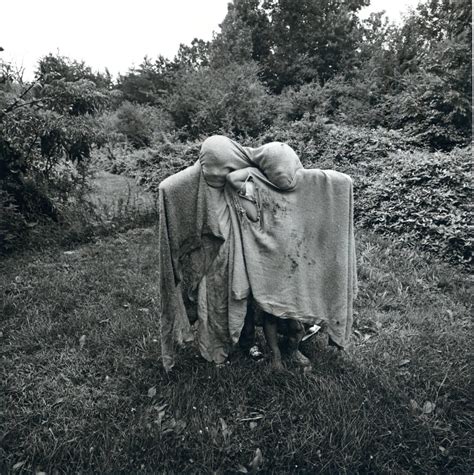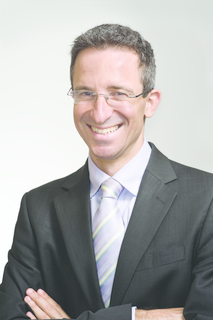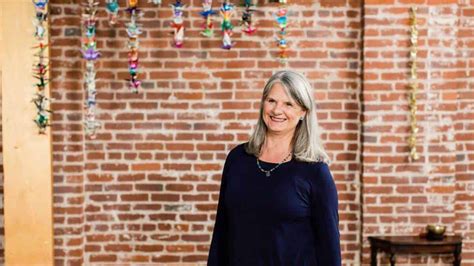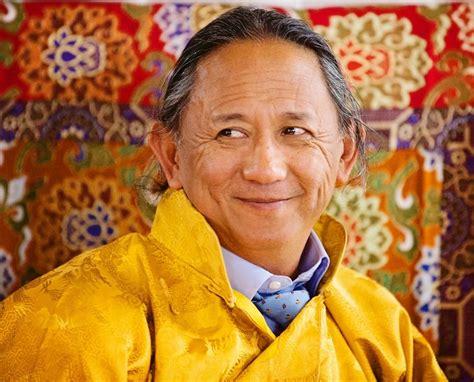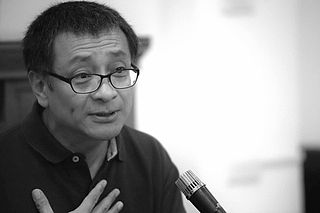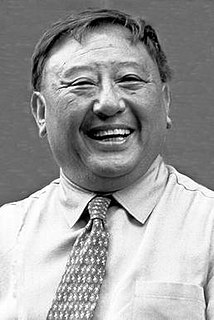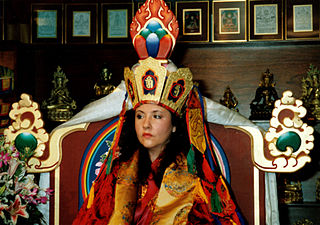A Quote by Tarthang Tulku
When we learn to deal directly with our complaints and difficulties, romanticized ideas about the spiritual path are no longer meaningful. We see that what is important is to take responsibility for ourselves, and to always be aware of our thoughts, feelings, and actions.
Related Quotes
The biggest adversary in our life is ourselves. We are what we are, in a sense, because of the dominating thoughts we allow to gather in our head. All concepts of self-improvement, all actions and paths we take, relate solely to our abstract image of ourselves. Life is limited only by how we really see ourselves and feel about our being. A great deal of pure self-knowledge and inner understanding allows us to lay an all-important foundation for the structure of our life from which we can perceive and take the right avenues.
Healing ourselves on the spiritual level involves developing a strong connection with our soul. We heal ourselves on the mental level as we become aware of our core beliefs, release those that limit us, and open to more supportive ideas and greater understanding. Emotional healing takes place as we learn to accept and experience the full range of our feelings. And we heal ourselves on the physical level when we learn to honor and care for our bodies, and for the physical world around us.
The purpose of spiritual life is not to create some special state of mind. A state of mind is always temporary. The purpose is to work directly with the most primary elements of our body and our mind, to see the ways we get trapped by our fears, desires, and anger, to learn directly our capacity for freedom.
Of course, this is one of the really important things about art, that you can make more than you can understand at the moment the thing is being made. But the gap between what we recognize inside ourselves - our feelings- and our ability to trust ourselves and to trust exposing ourselves to those ideas, can be great.
If we empower ourselves with responsibility over our actions, responsibility over our destinies and responsibility for directing and maintaining and creating our own ethical and moral frameworks, which is the most important thing really isn’t it because perhaps the greatest insult to humanism is this idea that mankind needs a god in order to have a moral framework.
Many of our feelings of satisfaction or dissatisfaction have their roots in how we compare ourselves to others. When we compare ourselves to those who have more, we feel bad. When we compare ourselves to those who have less, we feel grateful. Even though the truth is we have exactly the same life either way, our feelings about our life can vary tremendously based on who we compare ourselves with. Compare yourself with those examples that are meaningful but that make you feel comfortable with who you are and what you have.
Psychologists tell us we think 50,000 thoughts a day...between 1,000
and 5,000 thoughts in a single hour. Many of those thoughts are about
ourselves and about our performance, about our lovability, our capability
and our significance. So the key is to control those thoughts, making
certain they're always positive.
Our words had to be circumspect. We could not write anything too negative about our circumstances. This was tricky, since the very form of a married woman's letter needed to include the usual complaints -- that we were pathetic, powerless, worked to the bone, homesick, and sad. We were supposed to speak directly about our feelings without appearing ungrateful, no-account, or unfilial.
But how can we love someone if we don't like him? Easy-we do it to ourselves all the time. We don't always have tender, comfortable feelings about ourselves; sometimes we feel foolish, stupid, asinine, or wicked. But we always love ourselves: we always seek our own good. Indeed, we feel dislike toward ourselves, we berate ourselves, precisely because we love ourselves; because we care about our good, we are impatient with our bad.





